I wrote this article in Japanese and translated it into English using ChatGPT. I also used ChatGPT to create the English article title. I did my best to correct any translation mistakes, but please let me know if you find any errors. By the way, I did not use ChatGPT when writing the Japanese article. The entire article was written from scratch by me, Saikawa Goto.
Introduction
Movies and books covered in this article

Three takeaways from this article
- Is a correspondent just “someone who conveys information from the field”?
- Only the information that fits our image is selected from among multiple ways of cutting it.
- Why are authoritarian politics and occupations, which should be news in themselves, not reported?
Self-introduction article


Published Kindle books(Free on Kindle Unlimited)
“The genius Einstein: An easy-to-understand book about interesting science advances that is not too simple based on his life and discoveries: Theory of Relativity, Cosmology and Quantum Theory”
“Why is “lack of imagination” called “communication skills”?: Japanese-specific”negative” communication”
The quotes in the article were translated using ChatGPT from Japanese books, and are not direct quotes from the foreign language original books, even if they exist.
The Reality of Journalism
Introduction of the Author and This Book
Regarding this book, the author expresses it in this way.
I had this interesting exchange with the same trade. Typically, they would say to me, “Okay, explain the content of your book in one sentence.” And I would respond, “This is a book about how it is impossible to explain one situation in one sentence”.
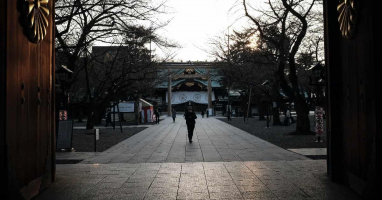
After writing a book that conveyed the message that all messages are distorted as soon as they are reported by the media, what happened? That message itself also ended up being distorted.
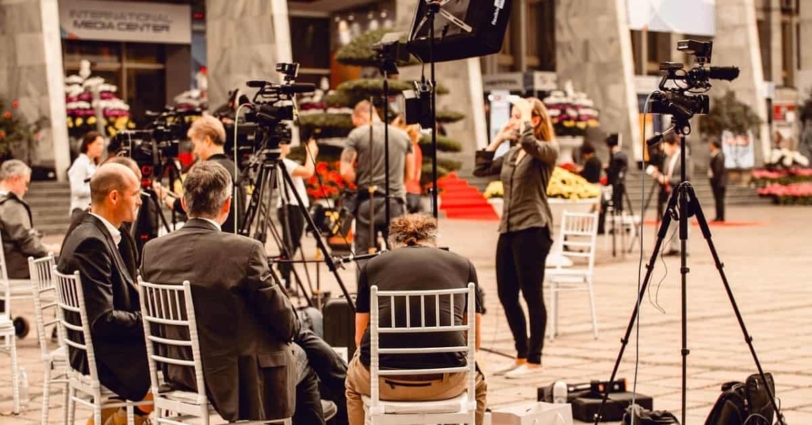
From these quotes, can you vaguely imagine the main argument of this book? The book aims to demonstrate the “limits of the press.”

The author, who was a correspondent for a Dutch newspaper in Arab countries and later won the Journalist of the Year Award, touches on the contradictions and limitations inherent in “journalism” based on his experiences while stationed in Arab countries in this book. He also tries to show that the very information that is not “reported” has intrinsic value.
Although we can only learn about foreign events through news reports, understanding the limits of the press can help us realize “what is the information we are usually exposed to.” It’s like acquiring a pair of glasses to see the world more clearly.

Therefore, the author sincerely writes the following:
So please keep in mind that I am also manipulating you readers. It’s inevitable, but I feel the need to be honest about it.

“Correspondent” are Simply “People Who Only Convey”
The author guesses that he was likely recruited by the newspaper solely because he could speak Arabic, without any formal education or training in journalism. Once he was dispatched to the Arab world as a correspondent, he was surprised to learn the reality of journalism.

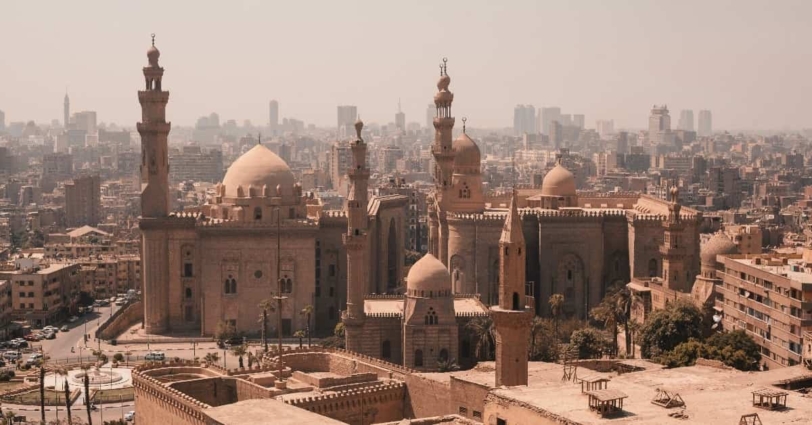
The point that surprised the author the most is summarized in the following sentence:
Until then, I thought a correspondent was a witness to a historic moment. I thought they were the ones who chased after and investigated important events, and reported on them. However, I didn’t go to investigate the event. That had already been done a long time ago. I was only heading there to report from the site.
Do you understand what this means?
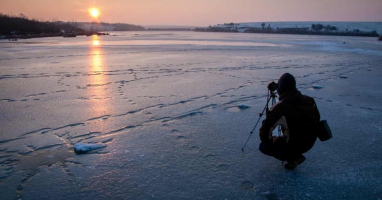
The author was stationed in Arab countries, but at first, he did not do his own coverage. Someone else had already done the reporting. Various news agencies around the world have reporters stationed in every country, and they are exactly the ones who witness to a historic moment.
Most newspapers, TV stations, and magazines just choose the information sent by these news agencies. He could do that even if he was in the Netherlands.
So, what does a correspondent do?

That is to appeal to the audience by saying, “This information comes from the local market.” Reporting information from the Arab world from a studio in the Netherlands is tasteless. Therefore, they ask the correspondents who are on the ground to speak under the guise of “this is information that I have covered on the ground.”
Unfortunately, the correspondent is not necessarily a witness to a historic moment.

Unreported Information
That’s not all. He has pointed out that only stories that “reinforce the public image” can ultimately be covered by the media.
Before going to the site, I had a clear preconception about the Middle East. Most of it came from the media. Once I arrived on site, that preconception was replaced by reality. And that reality was far less consistent and far more difficult to understand than the picture created by the media.
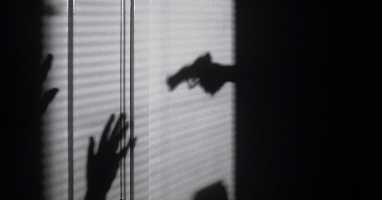
Of course, the author only knew about the Middle East through information obtained from the media. But upon arriving there, he realized that the information was extremely biased. Well, that would be right. Especially since the Arab countries where the author was stationed at the time were experiencing conflicts and turmoil that couldn’t be received into a simple schematic. However, the media prioritizes simplicity and tries to impose a simplified schematic.
As a correspondent, I was able to tell several stories about a particular situation. However, the media had no choice but to choose one, and the one selected was usually a story that reinforced a widely circulated image.

As the author gradually started to do his own reporting and gather various information, he realized that only information that fits the “Middle East we imagine” gets reported. As a correspondent living in the area, he came to understand that this was an unavoidable reality. Without doing this, daily news would not circulate. But even so, he did not think that this was the right way to do things.
Positive experiences in the Arab world were hidden in my articles. Not only that, but I had also spread the image that Arabs were different, malicious, and dangerous. Given how news should be, I can write about the “angry people” who burn flags and chant slogans, but there is no room to convey what is happening outside the camera to the readers.
To those who watch the news, it may seem like the reported information is all there is. It’s natural, since they can’t see any other information. On the other hand, those who disseminate information can provide various perspectives on how to grasp things, but to accurately convey what is happening now in a short amount of time, they have no choice but to “conform to the image that the majority of people hold.”
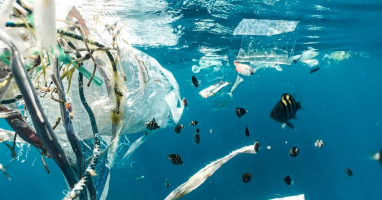
The author is facing such conflict.
So far, among major media organizations, there is not a single one that explains the reasons for their own terminology selection on their website or elsewhere. (omission) Similarly, there is no explanation for the choices made about why to report on a certain issue, or how to report it.
The media may think it’s too obvious to explain, but is that really okay?

The Complexity of Issues in Authoritarian Countries
Furthermore, when the reporting country is an authoritarian country, the problem becomes even more complicated.
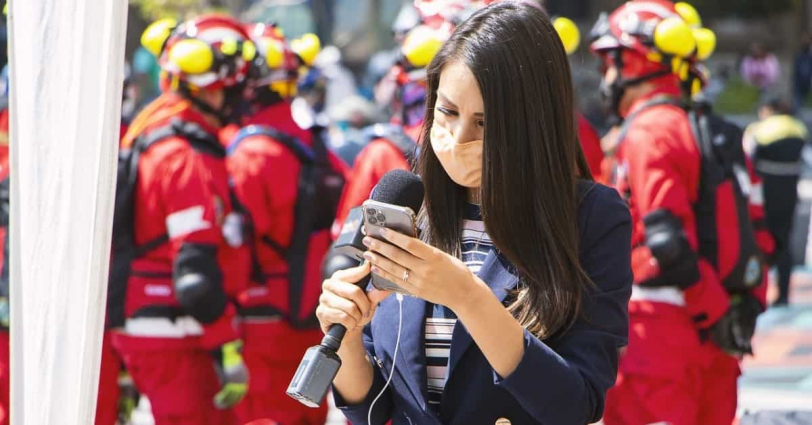
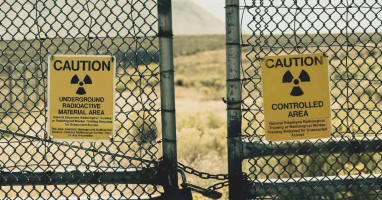
In a certain country, there is one secret police officer assigned per journalist. Without being under the surveillance of the secret police, journalists cannot conduct any activities including reporting.
Moreover, in authoritarian countries, informants are rampant, so even if journalists manage to conduct interviews, there is no guarantee that citizens are expressing their true feelings.
According to a woman from Iraq who spoke to the BBC after the fall of Baghdad, her life under the Hussein regime was like “having someone in her head checking for danger every time she tried to say something.”
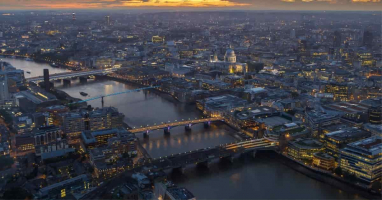
However, these are by no means the essence of the problem. Through reporting in authoritarian countries, the author realizes something that he had never imagined before. It is as follows.
In the Arab world, authoritarian politics itself is the most important thing that should be reported.
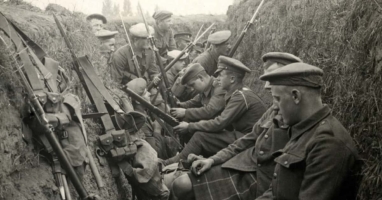
Can you understand what he means?
For example, imagine a polar bear locked in a small cage. In the small cage, the polar bear would behave very differently from when it is in the wild. It might become frustrated and pace around without being calm.

Now, let’s imagine capturing a polar bear on camera without showing the cage. The viewer may feel that “the polar bear is an irritable and restless creature,” as it may become agitated and pace around in the small cage. If the information that “it is locked up in a small cage” is not shown, it would be natural to assume that this is a typical characteristic of polar bears.

The same thing is happening in authoritarian countries.
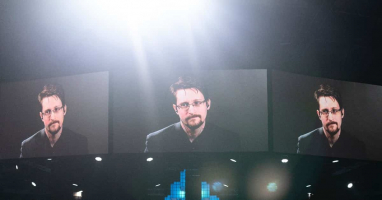
Many media outlets report “what is happening in the authoritarian country”. But that is like filming only polar bears without showing the narrow cage itself. The image of people captured in this way is not the original one, because it does not show the “narrow cage” named the “authoritarian country.”
However, those of us who receive information do not watch news reports with such things in mind. We just look at the people on TV and think, “So this is what people in the Middle East are like.”

Therefore, the author writes that “authoritarian politics should be reported.” However, that is still not an easy task.
An authoritarian country where journalism can exist in the way which we know are no longer an authoritarian country.
We have no way of knowing what we are “not” being shown.
That is certainly true.

Only “Change” is Reported in the News
After that, the author moved to Israel and came to know the reality of the occupation.
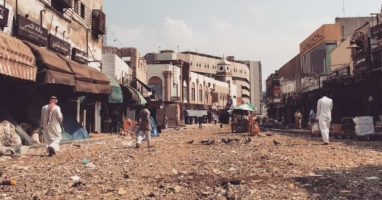
Therefore, the author understands why the fact of “occupation” is not covered in the media. This also applies to the reason why authoritarian politics are not reported.
If there is an event that deviates from the daily routine and verifiable information is obtained, it becomes news. However, in order to continue to be news, the problem itself must continue to move.

In other words, journalism is about reporting “change.”
If something changes, it can be covered and reported. However, “occupation” is a state of continued existence, not a change. That’s why the media doesn’t cover the “state of being occupied.”
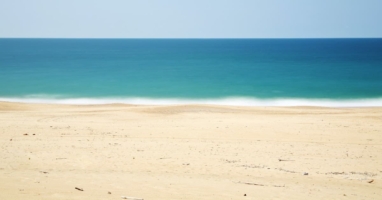
For example, the following cases are presented. When Palestine “attacked” Israel and six Israelis were killed, the media reported that “tensions in the Middle East are increasing.” On the other hand, when 15 Palestinians died from Israeli “violence,” it was treated as a “relatively peaceful period” in the Middle East. This is because “attacks” are considered changes and are therefore worth reporting, whereas “violence” under occupation is not a change and is not covered.
It seems that the difference in PR abilities between Israel and Palestine also plays a significant role here, but in any case, we must understand that “we should not simply accept what the media presents to us.”


The media that reports news should remind viewers that they are pursuing only “news.” (omission) Nonetheless, journalists have a responsibility to inform viewers with certainty that what they are seeing is an “exception,” not something “normal”.
I think it’s important to keep this in mind when watching the news.
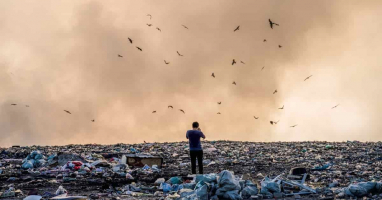
Conclusion
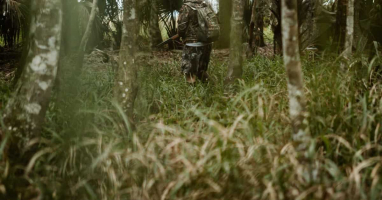
This book is based on stories from Arab countries, but I feel like it captures the reality of “reporting” that applies to any country. The camera certainly captures the reality happening right in front of it. However, when we include the parts that the camera does not show, we, the receiver of information, cannot clearly determine whether the “way of cutting out” is correct or not.
We will miss out on understanding the world if we understand that there are limits to reporting and we do not imagine what kind of framework, which is not reported, exists outside of the information we received.

Published Kindle books(Free on Kindle Unlimited)
“The genius Einstein: An easy-to-understand book about interesting science advances that is not too simple based on his life and discoveries: Theory of Relativity, Cosmology and Quantum Theory”
“Why is “lack of imagination” called “communication skills”?: Japanese-specific”negative” communication”

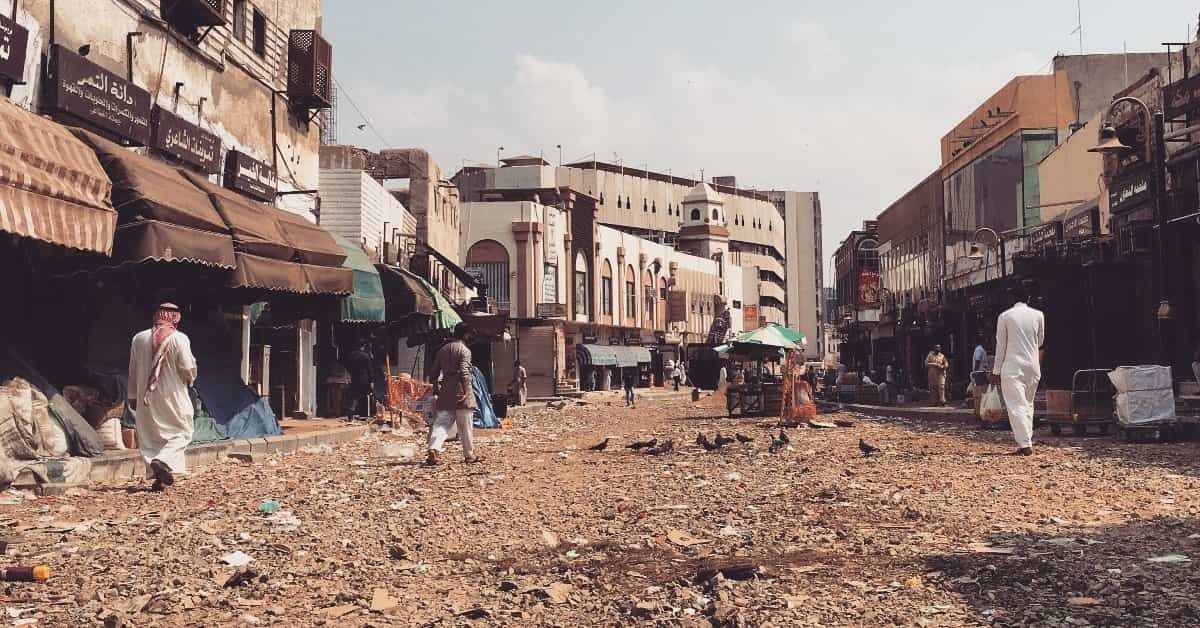





コメント